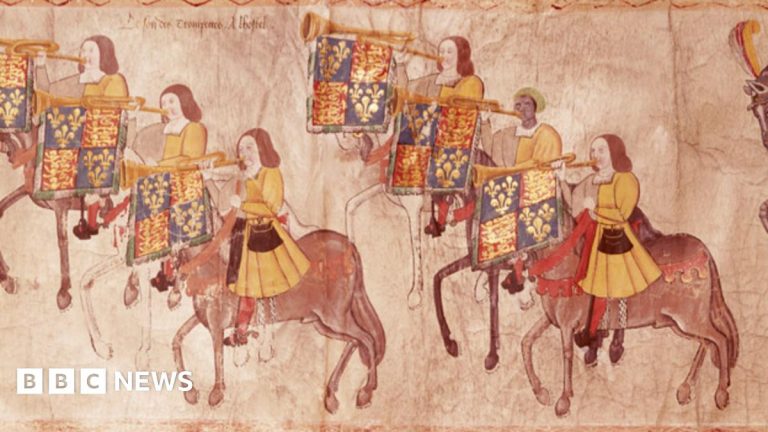The “great numbers” were mainly galley slaves and servants from captured Spanish vessels, and a plan was mooted to transport them out of the country. Was this the first example of government repatriation? In July 1602, Cecil was putting pressure on the merchants, one of whom wrote:
“I have persuaded the merchants trading to Barbary, not without some difficulty, to yield to [ie pay for] the charges of the Moors lately redeemed out of servitude by her Majesty’s ships, so far as it may concern their lodging and victuals, till some shipping may be ready to carry them into Barbary…”
Whether this actually happened is unclear. No more then than now, should we take a government’s pronouncements on such matters at face value?
But it is at least worth noting that the authorities felt duty-bound to look after food and lodging while the freed slaves were in London. But it cannot be, as is sometimes claimed today, that this edict applied to the many black people who, like Mary Fillis, were living as citizens in London, as they were in Bristol.
Brief as they are, such hints suggest a surprisingly rich hidden narrative for black people in Elizabethan England.
From Lucy Negro to Mary Fillis, their numbers grew in the 17th Century as they were joined by large numbers of people from India and, in particular, Bengal.
Sadly, their own story, in their own words, is lacking, but by the time we reach the 18th Century, we have the remarkable works of prose, poetry and music written by black Britons, among whom the likes of Olaudah Equiano, Ottobah Cugoano and Ignatius Sancho deserve their place in any list of Great Britons.
By the 18th Century, it is thought as many as 20,000 black servants lived in London. They even had their own taverns where they greeted defeat of the “Somersett case” and the victories of the abolitionists with raucous good humour.
Their numbers were still small compared with the population as a whole, but they already had a role in our national story. What would Mary Fillis make of things today I wonder? And what would we give for her story?




